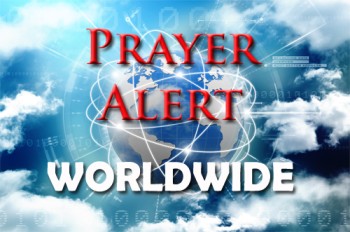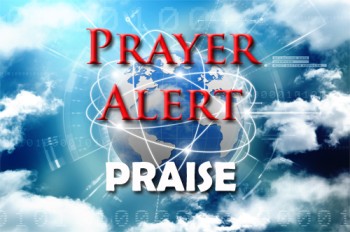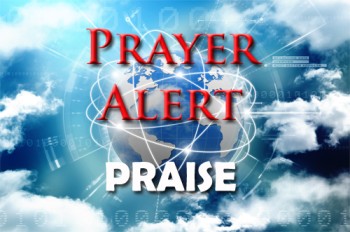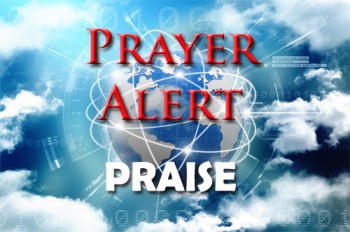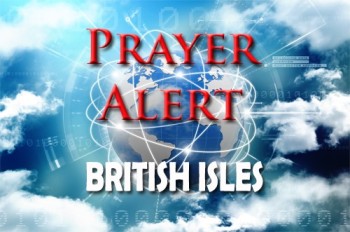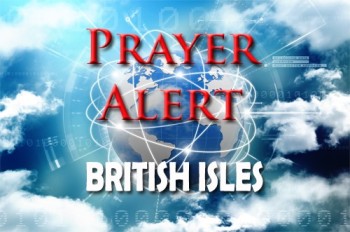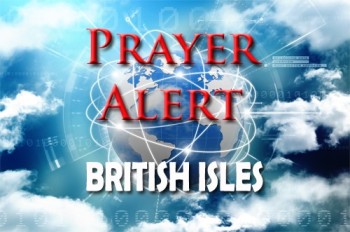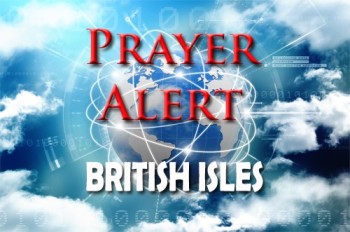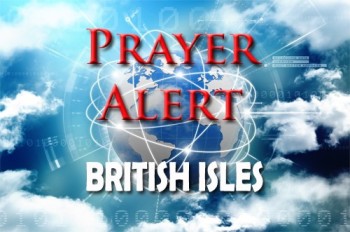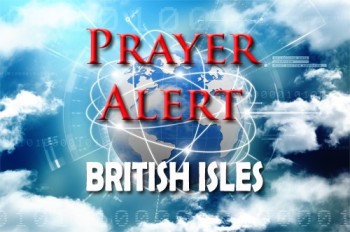Argentina: massive protests on austerity measures
Hundreds of thousands have rallied in Buenos Aires and other cities, protesting against president Javier Milei's austerity measures. The demonstrations united students, professors, trade unions, leftist political parties, and even conservative politicians against the budget cuts which threaten the country's universities. Milei, dismissing the crisis as political manoeuvring, faces criticism for slashing spending across various sectors to achieve a zero deficit. The impact of the cuts is evident as universities struggle to maintain basic services amid soaring inflation (currently 290%). The University of Buenos Aires (UBA) exemplifies the crisis, experiencing power cuts because it cannot cover its electricity bill. The outcry underscores the human cost of Milei’s measures and the urgent need to preserve Argentina's education system.
Prepare for Pentecost - return to the cross
A recent online World Prayer Centre team prayer watch meeting turned into a significant altar moment about preparing for Pentecost and returning to the Cross. One of the team reminded us to focus again on the cross after Easter. Another teammate, Diana, said that at another online prayer meeting God prompted her to share ‘re-‘ words. She told us that God had shown her that ‘re’- means Ruach Elohim, or Holy Spirit. We realised that all re- words are life-giving. Then the words started to flow: Refresh, Renew, Rebuild, Restore, Reset, Realign, Relationship, Revival … to name a few! All this happened on the first day after the Jewish New Year, a time of new beginnings. So we urge you to return with us to the place of prayer. Remember the cross and all that Jesus did for us. We invite you to speak out the Easter to Pentecost declaration each day. We pray that God will reignite you with Ruach Elohim this Pentecost and that many will be revived to see a spiritual awakening.
Actor reflects on son’s faith after cancer battle
Actor Gary Sinise reflected recently on the power of prayer and his faith journey following the death of his son, McCaleb, from cancer. Sinise, known for his roles in 'Forrest Gump' and 'CSI: NY’,' shares how his family's faith sustained them during their son's illness and eventual passing. Despite their grief, they found solace in prayer and their belief in God. Sinise has called his son a man of great faith, who had a profound impact on those around him, and has emphasised the importance of community and support during times of hardship. His faith has deepened through the experience, and he continues to find strength in prayer and his relationship with God. His story serves as a testament to the resilience of the human spirit and the power of faith in overcoming life's challenges.
100+ new local congregations in the past five years
Despite a decline in UK church attendance, the Church of England's recent report reveals signs of growth, particularly in Blackburn, where innovative initiatives are drawing in more children and young people. At St Leonard’s church and school in Balderstone, around sixty people of all ages participated in a creative worship service, collecting natural items to represent the Easter story. This inclusive approach mirrors efforts across the diocese to engage with new worshippers, resulting in a 17% increase in children attending weekly services compared to 2021. The local synod has identified successful strategies for church outreach, including schools ministry and online worship. Over the past five years, more than a hundred new local congregations have emerged, ranging from forest churches to café gatherings, indicating a promising trend of community expansion within the CofE.

